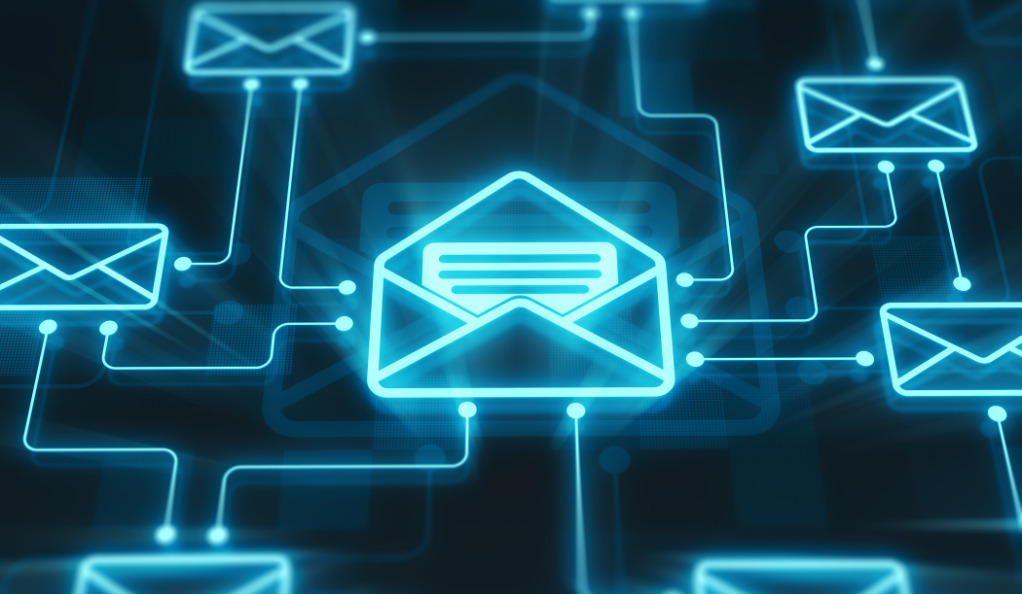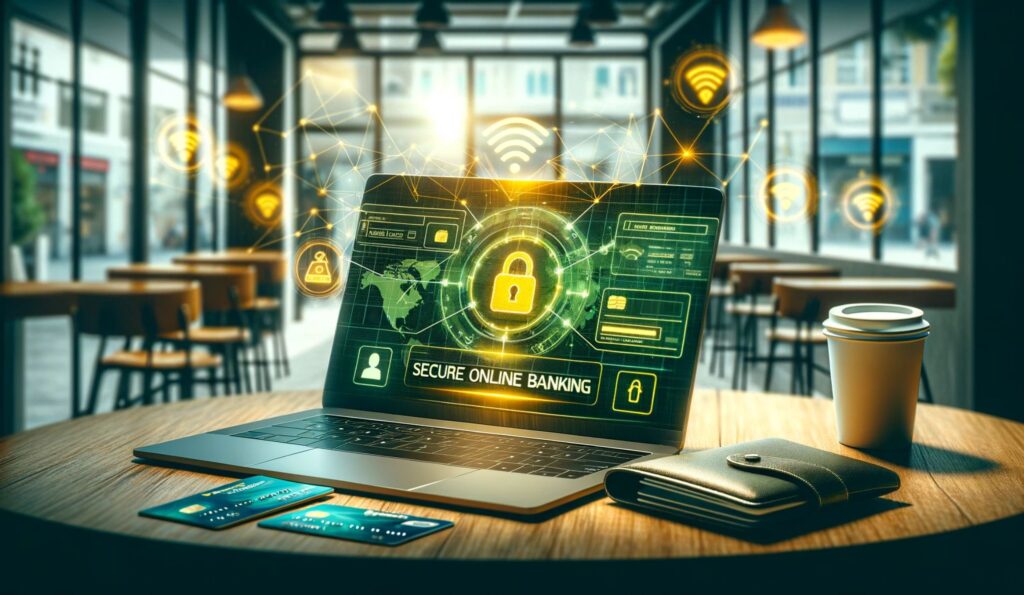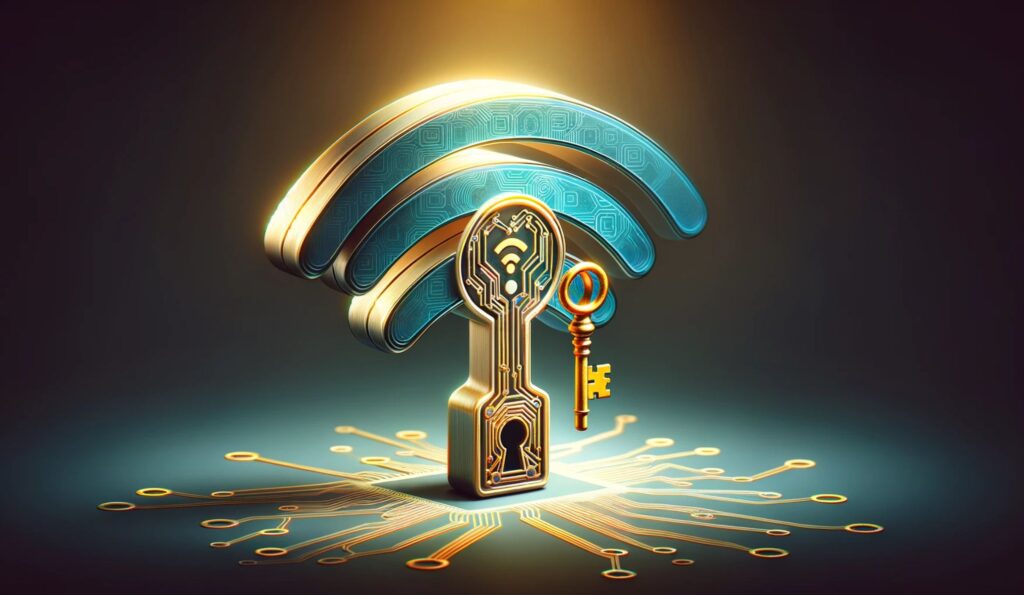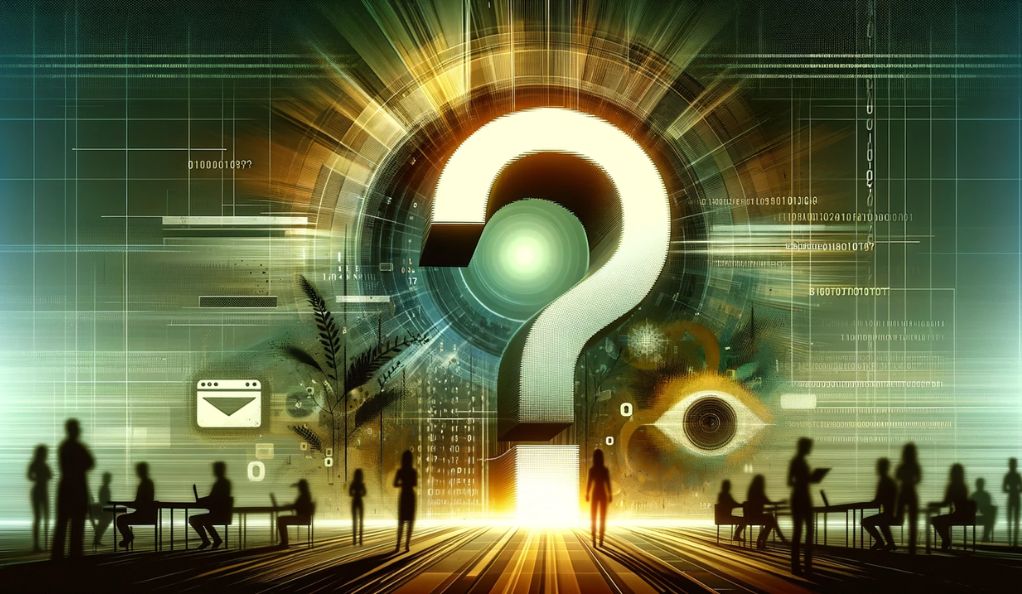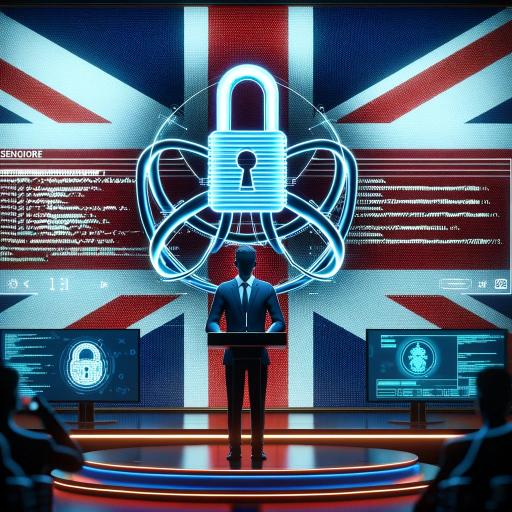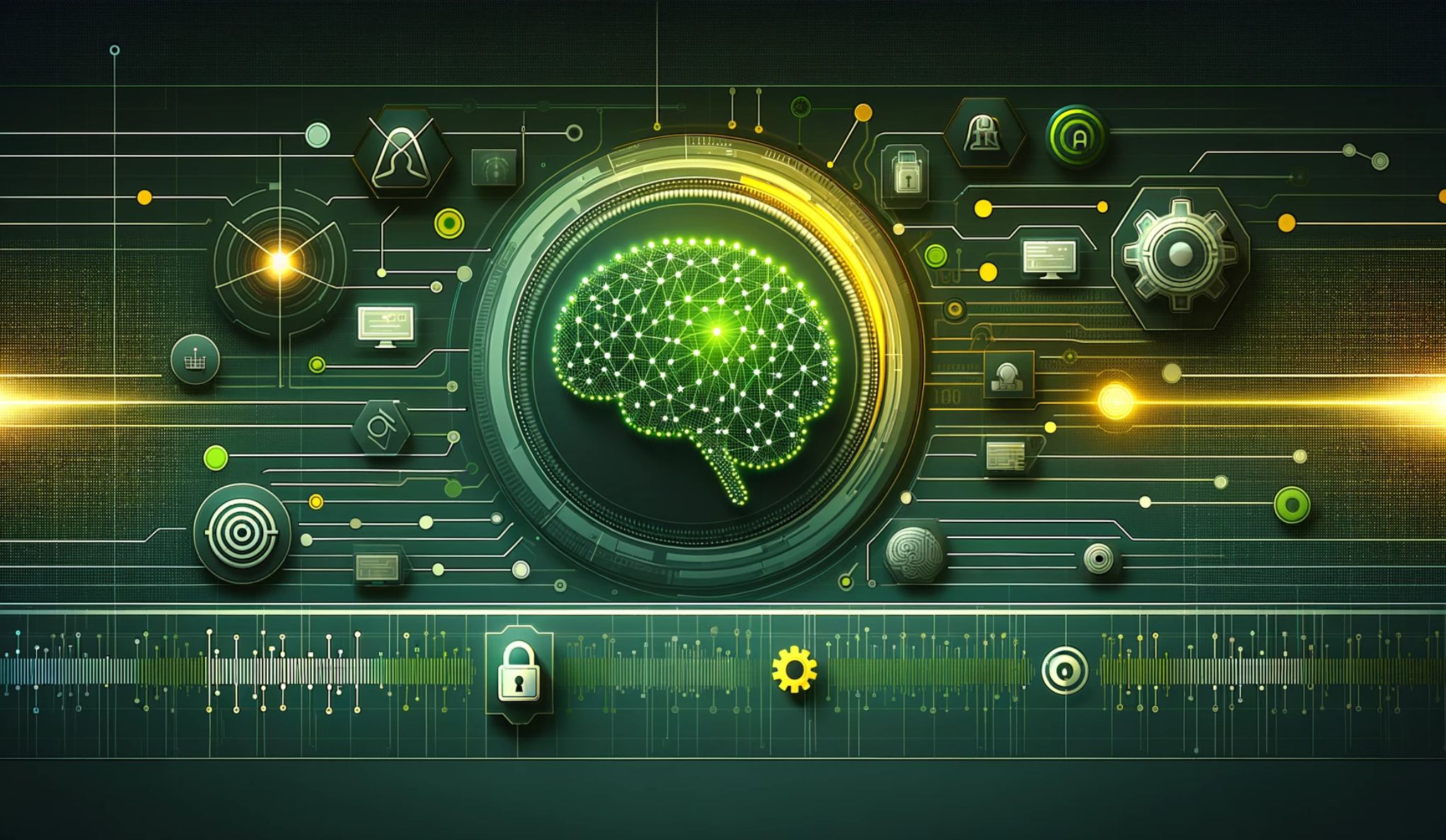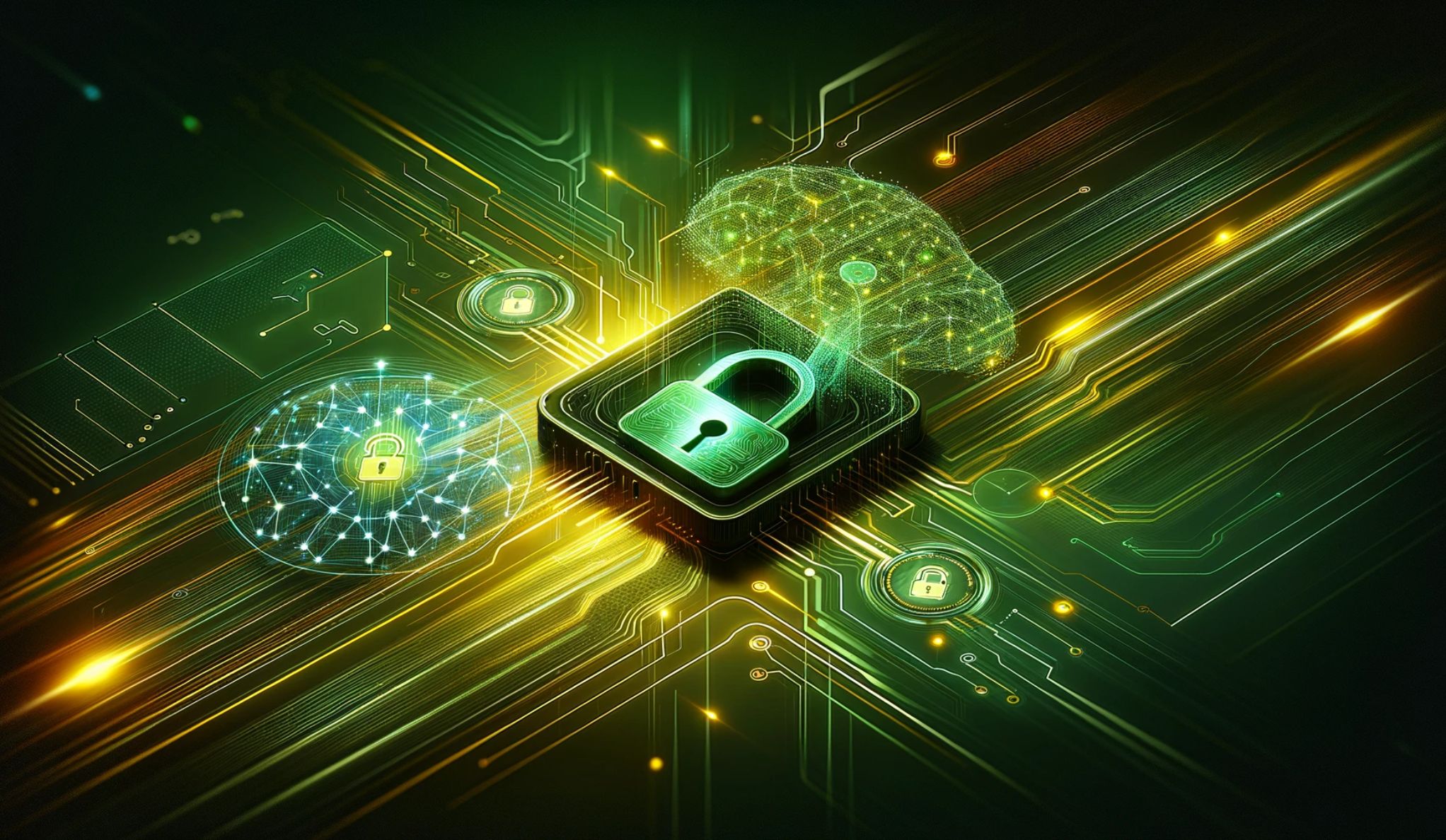Communication is the bedrock of human interaction, and in today’s digital age, ensuring the security of our conversations is paramount. Encrypted messaging has emerged as a crucial tool in safeguarding our communications. This guide delves deep into the essentials of encrypted messaging, offering insights into its importance, how it works, and the tools available for secure communication.
Understanding the Importance of Encrypted Messaging
In an era where data breaches and cyber-attacks are rampant, the significance of encrypted messaging cannot be overstated. Every day, millions of messages are exchanged, containing sensitive personal and business information. Without encryption, these messages are vulnerable to interception, leading to potential misuse.
- Protecting Personal Information: Encrypted messaging ensures that your personal conversations, photos, and videos remain confidential. It acts as a shield against hackers and unauthorized entities, ensuring that your private life remains just that – private. In a world where personal data has become a valuable commodity, encryption provides a much-needed layer of protection.
- Business Confidentiality: For businesses, encrypted messaging is essential to protect trade secrets, client data, and internal communications. A single leaked message can lead to significant financial and reputational damage. By adopting encrypted messaging, businesses can ensure that their internal communications remain secure, fostering trust among employees and stakeholders.
How Does Encryption Work?
Encryption is the process of converting information into a code to prevent unauthorized access. It’s like translating your message into a secret language that only the intended recipient can understand.
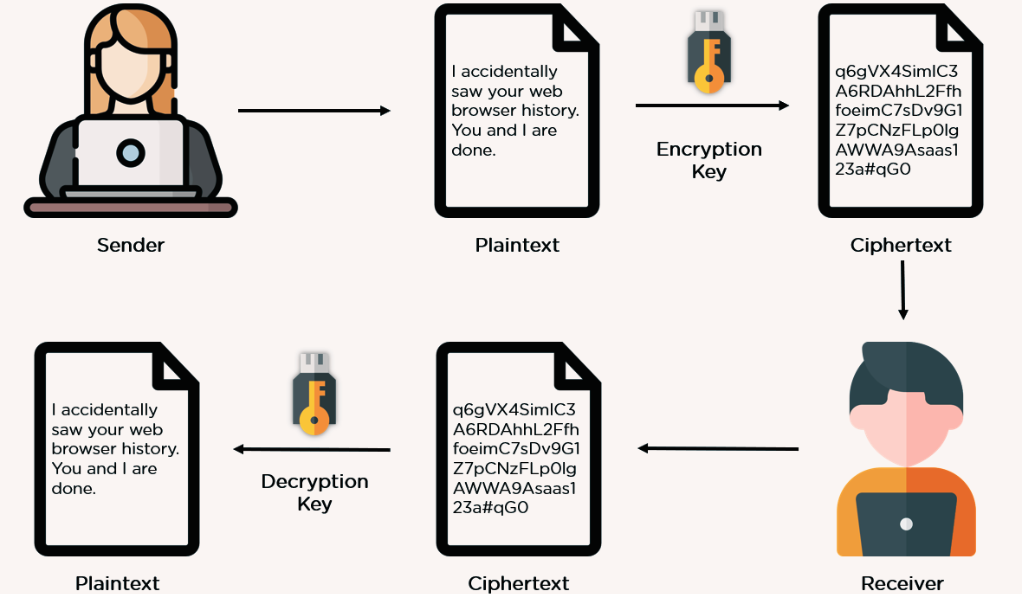
Symmetric Encryption
Here, the same key is used to encrypt and decrypt the message. While this method is fast and efficient, the challenge lies in securely sharing the key between parties. If the key is compromised, so is the message.
Asymmetric Encryption
This involves two keys – a public key for encryption and a private key for decryption. Only the recipient, who possesses the private key, can decrypt the message. This method, while more secure, is also more complex and requires careful management of the private key.
Popular Encrypted Messaging Apps
Several apps have risen to prominence, offering encrypted messaging services. These apps have become household names, ensuring that our daily conversations remain private.
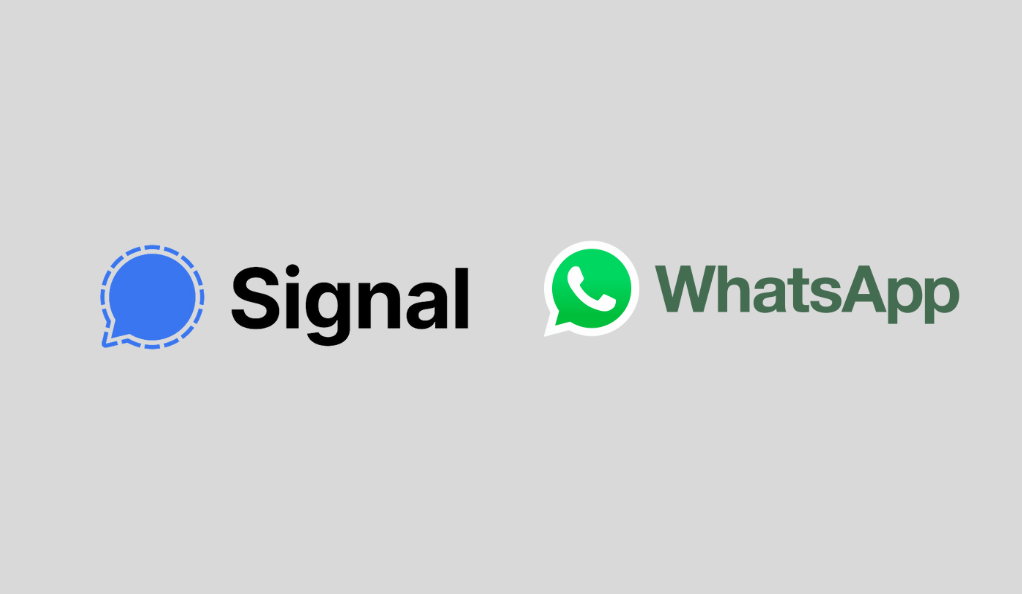
- Signal: Known for its end-to-end encryption, Signal ensures that only the sender and receiver can access the message content. With a user-friendly interface and a commitment to privacy, Signal has become a favorite among privacy enthusiasts.
- WhatsApp: While primarily known as a messaging app, WhatsApp also offers end-to-end encryption for its messages. With over 2 billion users worldwide, the app combines accessibility with security, making encrypted messaging mainstream.
Secure Email Practices
Emails, often overlooked, are a goldmine for hackers. They contain a wealth of information, from personal conversations to business transactions, making them a prime target.
- Use Encrypted Email Services: Providers like ProtonMail and Tutanota offer encrypted email services, ensuring the content remains confidential. These services prioritize user privacy, ensuring that even they cannot access your emails.
- Avoid Clicking on Suspicious Links: Phishing attacks often come disguised as genuine emails. Always verify the sender’s address and be cautious of unexpected attachments. Educating oneself about the common signs of phishing can significantly reduce the risk of falling victim.
Collaboration Tools with Encryption
For teams working remotely, encrypted collaboration tools are a boon. They ensure that team discussions, project details, and shared files remain secure.
- Slack: While primarily a team collaboration tool, Slack offers enterprise-level encryption for its communications. With features tailored for businesses, Slack ensures that team communications remain confidential.
- Zoom: The popular video conferencing tool has upped its game by introducing end-to-end encryption for its calls. With the rise of remote work, secure video conferencing has become a necessity, and Zoom is leading the charge.
Challenges in Encrypted Messaging
While encryption offers numerous benefits, it’s not without challenges. As technology evolves, so do the methods to bypass security measures.
Key Management
Ensuring that encryption keys remain secure is a significant challenge, especially with symmetric encryption. Proper storage, regular updates, and secure sharing methods are crucial for key management.
Legal and Regulatory Hurdles
Some governments have expressed concerns over encrypted messaging, citing national security reasons. Balancing the right to privacy with national security concerns remains a contentious issue, with ongoing debates worldwide.
The Future of Encrypted Messaging
As technology evolves, so will encryption methods. The future promises even more robust security measures, ensuring that our digital conversations remain private.
- Quantum Computing: The advent of quantum computers might pose challenges to current encryption methods, necessitating the development of quantum-resistant algorithms. Researchers are already working on solutions to ensure that encryption remains effective in the quantum age.
- Wider Adoption: As awareness grows, more individuals and businesses will adopt encrypted messaging, making it a standard communication practice. With increased understanding of its importance, we can expect a future where encrypted messaging is the norm, not the exception.
In conclusion, encrypted messaging is an essential tool in today’s digital age, ensuring the confidentiality and security of our communications. Whether for personal conversations or business communications, adopting encrypted messaging and understanding its nuances is crucial for everyone.
FAQs
Encrypted messaging ensures that your personal and business communications remain confidential, protecting them from hackers and unauthorized entities. In an age of increasing cyber threats, it’s a vital tool for security.
End-to-end encryption ensures that only the sender and the receiver can access the message content. In contrast, regular encryption might allow the service provider to access the message, making it less secure.
No, not all messaging apps offer encryption. It’s essential to choose apps known for their encryption capabilities, like Signal or WhatsApp.
While encryption significantly enhances security, no system is entirely invulnerable. However, hacking encrypted messages requires sophisticated tools and expertise, making it challenging for average hackers.
Look for apps that offer end-to-end encryption, have a transparent privacy policy, and are regularly updated to address potential security vulnerabilities.

